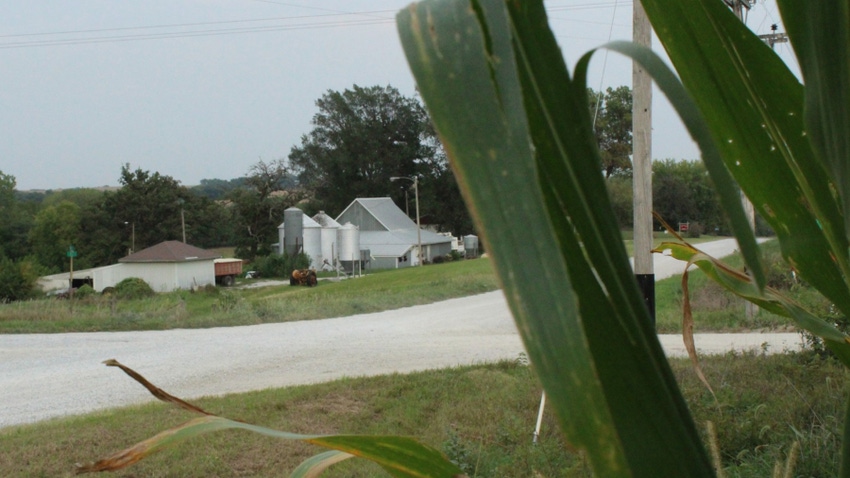
Whether you are deciding what to eat for lunch or preparing your succession plan, decisions are part of our everyday lives.
I am a senior at the University of Nebraska-Lincoln, which means that it is time to take capstone classes that pull together all the knowledge of my four years here. On the first day of the animal science capstone class, Dr. Jim MacDonald, a professor in ruminant nutrition, told us that the entire class would be about making good decisions.
As I was listening to MacDonald lecture about the seven steps to make a good decision, I began to think that more than just students need a refresher on how to make a well-informed decision. Farmers can use this information, too.
7 simple steps
Decision-making may be an inherent task that we complete daily. But when those big decisions come up on the farm to add diversity or to integrate new technology, these seven steps are crucial:
1. Define the system. This might seem like an elementary step, but defining what your operation consists of is a good place to start. It is important to take into consideration the internal and external environments of the farm or ranch. This step also includes revising what your objectives are on the operation.
2. Set your goals. When making a well-informed decision, it is important to understand what your values are and set your goals accordingly. Is your goal to increase profits or yields? Or maybe your goal is to become more sustainable and incorporate more regenerative agricultural practices. Knowing what is important to you and your operation will help you set your goals.
3. Know your options. MacDonald said in class that you cannot make a decision based off an option that has not been thought of. While this might seem like common sense, it has a lot of truth behind it. If you do not think through all the options, you might be missing an opportunity that you have not thought of. Thinking out all the possibilities, big or small, can lead to the best decision.
4. Gather all the information. In the technology-dense world that we live in, there is information being thrown from all directions. Deciphering what information is good and what is bad can sometimes be a difficult task. It is easy to become overwhelmed finding relevant and reliable sources. It is crucial to rely on experts that draw from the past and are realistic about the future.
5. Consider your budget. While budgeting might not be the most exciting part of making a good decision, money can be a vital factor. For example, if investing in a new piece of technology won’t reach your financial goals, it might not be the right decision for the farm or ranch.
6. Reflect on your choices. When you look back at the decision that you made for your operation, it is important to be able to see what factors played a role into your decision. It is easy to forget to reflect on the decision that was made. A quick reflection can ensure that the choice is aligning with the set goals and values.
7. Commit to a solution. Once a plan is in place, it is important to make a committed effort to follow through with the decision. When looking back and evaluating the decision once it has been implemented, it is important to be able to see how it aligns with your objectives and goals for the operation.
The next time that you reevaluate best practices on the farm or ranch, consider these seven steps before executing the plan. This refresher on decision-making will help the upcoming generation make meaningful change within the agricultural industry, and with this short course, you also can instill change on the producer level.
About the Author(s)
You May Also Like






